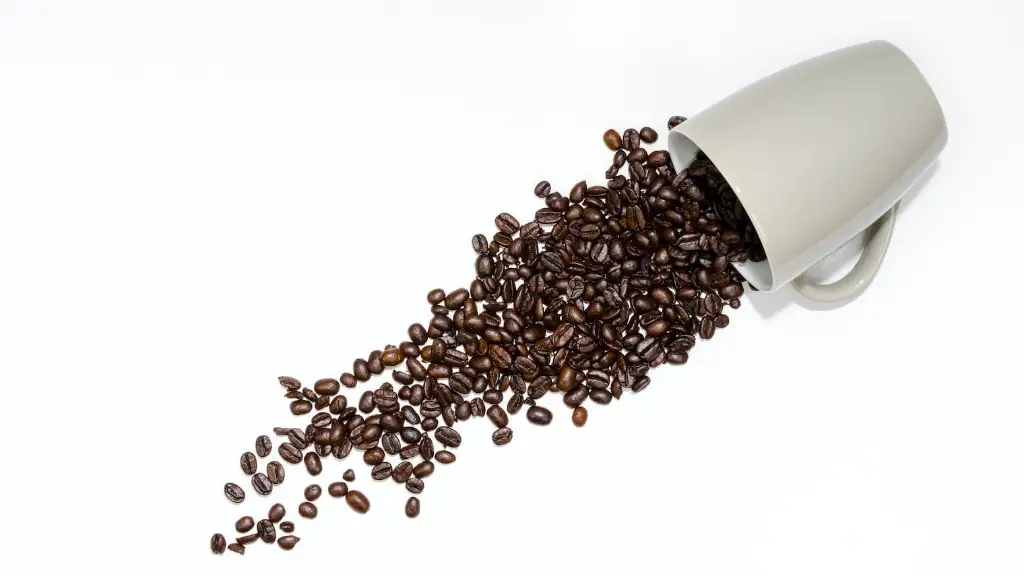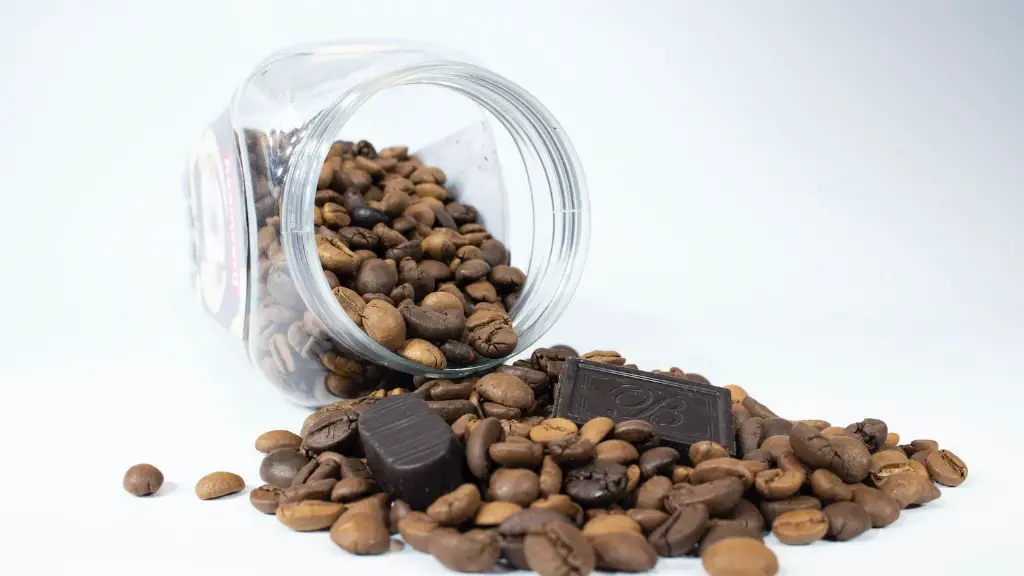Can You Drink Coffee when You Have the Flu?
When you’re under the weather and suffering from the flu, the last thing you want to do is drink coffee. But is it actually a bad idea? Can you drink coffee when you have the flu without any complications? The answer to this question is not as simple as you’d expect. To understand why, you’ll need to take a closer look at the effects of coffee on the body when affected by the flu.
Coffee has long been considered a stimulant, and so you might expect it to have a direct impact on someone who is feeling tired due to the flu. Caffeine, the active ingredient in coffee, has the ability to affect the body in many different ways and this effect can vary depending on the amount consumed. A small amount of caffeine can increase alertness and energy levels, but too much can cause restlessness and insomnia.
Experts also agree that it is not recommended for those suffering from the flu to drink coffee. Flu sufferers tend to experience symptoms like fever, muscle aches, fatigue, and dehydration. All of these symptoms can be exacerbated by drinking coffee, as it could potentially interfere with the body’s ability to recover from the virus. As caffeine is a diuretic, it can lead to dehydration, which is the last thing someone with the flu needs. Caffeine can also raise the body temperature further, leading to increased dehydration and further dehydration in the body.
What Are The Alternatives?
If you’re looking for an alternative to coffee, there are several drinks that can provide the same energy boost without the risks associated with caffeine. Green tea, for example, is a great choice as it contains smaller amounts of caffeine and is high in antioxidants. Its anti-inflammatory properties will help fight off infection and promote healing. You can also opt for herbal teas and fruit juices, which are a good way to stay hydrated and get some much-needed vitamins.
If none of those options sound appealing, you can always look for a caffeine-free alternative such as Decaf. While Decaf does contain some caffeine, it has much lower levels, making it safe for those suffering from the flu. Another caffeine-free option to consider is chamomile tea, which has natural calming and antioxidant effects that can be beneficial for anyone feeling run-down.
For those looking for a more natural option, honey and ginger is a great way to improve your overall health without the added chemicals found in caffeinated beverages. Honey is a natural antioxidant and is packed with vitamins and minerals and ginger is known to have anti-inflammatory properties that can help alleviate the symptoms of colds and flu.
Are There Risks?
As with any type of stimulant, there are some potential risks associated with drinking coffee while you have the flu. Caffeine can interfere with your body’s ability to absorb medication, so if you’re taking any prescribed medication for the flu, be sure to talk to your doctor about any potential interactions before drinking coffee. It can also cause dehydration, so it’s important to stay hydrated throughout the day.
Caffeine can also exacerbate symptoms like insomnia and restlessness, which are common among those who have the flu. Therefore, if you’re having trouble sleeping or feeling restless, it might be best to avoid coffee altogether. Lastly, too much caffeine can increase the risk of stomach upsets and heartburn.
What About Decaffeinated Coffee?
If you’re looking for a way to get an energy boost without the risks associated with caffeinated coffee, decaffeinated coffee is a safe option. Decaffeinated coffee contains fewer levels of caffeine, which may reduce your risk of experiencing any negative side effects. It still contains some of the beneficial compounds found in normal coffee and can provide a more modest energy boost without any of the potentially harmful effects.
Decaffeinated coffee is a great option for those who need an energy boost, but those with the flu should still be careful. Make sure to stay hydrated and give your body time to recover. If you’re still feeling sluggish, it’s best to avoid caffeine entirely and opt for a gentler drink like green tea or herbal tea.
What Else Can You Do To Help Reduce The Symptoms Of Flu?
As well as avoiding coffee, there are a few other things you can do to reduce the severity of the symptoms of the flu. It’s important to get plenty of rest and stay hydrated, as this will help your body fight off the infection. You can also take supplements like Vitamin C, which can help boost your immunity while your body is fighting off the virus.
Over-the-counter medications can also be useful for reducing the symptoms of flu such as fever, body aches, sore throat, and congestion. However, it’s always best to speak to your doctor before taking any kind of medication, especially if you’re taking any other kind of prescription medication.
Tips For Reducing The Risk Of Flu
While the flu can be difficult to avoid, there are a few ways you can reduce your risk. Before the flu season begins, it’s important to get your flu shot to help protect yourself and those around you. You should also practice good hygiene, such as washing your hands regularly and avoiding contact with those who are infected.
It’s also a good idea to eat a balanced diet with lots of fruits and vegetables to boost your immune system. Supplements like vitamin D, zinc, and omega-3 fatty acids can also help protect you against the flu. Finally, make sure to get plenty of rest and exercise to help strengthen your body’s defenses and improve your overall health.
How To Cope With The Flu?
For those who do contract the flu, there are a few steps you can take to greatly reduce discomfort and improve your recovery time. First, get plenty of rest and stay hydrated as this will help your body fight off the virus. Over-the-counter medications can help reduce the symptoms, but if you’re still feeling unwell it may be best to see your doctor.
Gargling with salt water can help reduce any throat irritation and drinking warm fluids can help keep you hydrated. Cough drops and steam inhalations can also help reduce symptoms. Additionally, make sure to get plenty of Vitamin C and zinc, and to stay away from processed foods and sugary drinks, as these can weaken your immune system.
The Verdict
In conclusion, it’s not recommended that you drink coffee when you have the flu. Caffeine can worsen the symptoms and interfere with the body’s ability to fight off the virus. If you are looking for a more gentle alternative, decaffeinated coffee and chamomile tea are good options. To further reduce the symptoms and risk of infection, it’s important to get plenty of rest, stay hydrated, and take supplements.




